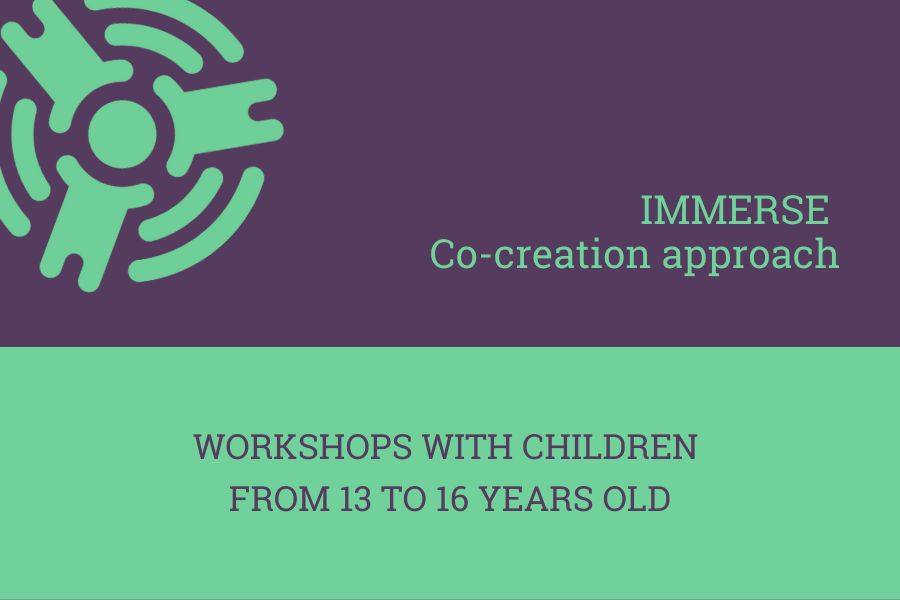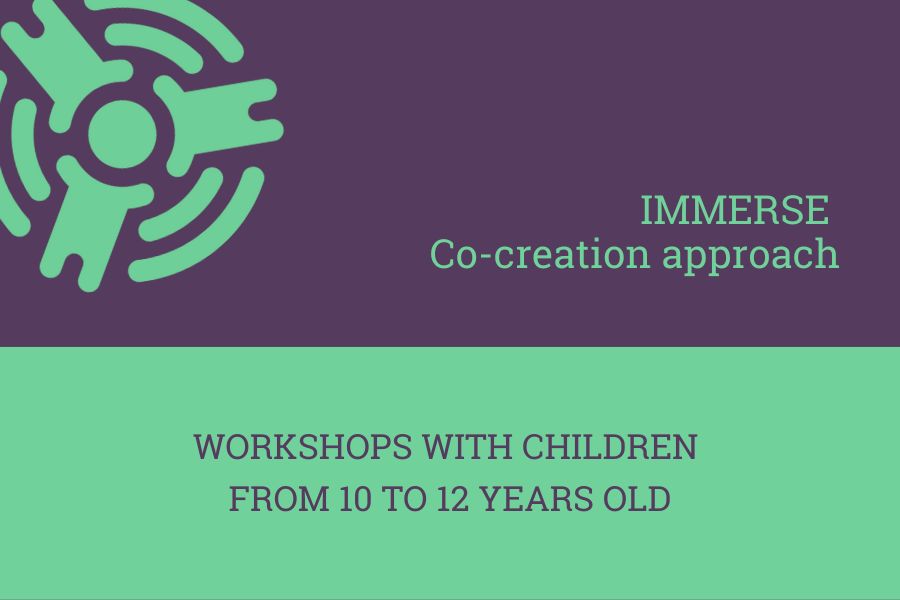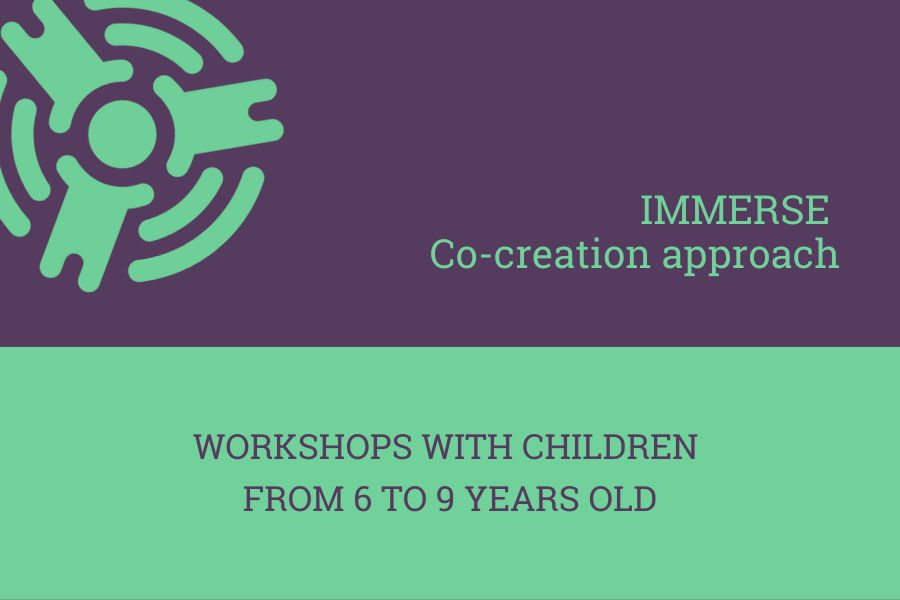Description
This intervention was led by the NGO Doras Luimní and funded by UNHCR and the Department of Justice under the Irish Refugee Resettlement Programme (IRRP) in coordination with Limerick City Council. The aim was to address the needs of newly arrived Syrian/Iraqi migrant families across a broad range of areas of support. The intervention was executed in three geographical areas: Laois, (2015-2016), Limerick (2017-2018) and Wexford (2017-2019). Following a community development approach, the project had a wide remit in identifying holistic needs and developing appropriate interventions and learning to support the integration of newly arrived refugee families. Interventions aimed at ensuring successful access and participation in education, and bridging gaps in language competency and missed/interrupted educational pathways. Moreover, responses included attention to participants’ psycho-social needs; English language supports aimed at the particular needs of the individual children and youth; awareness raising across school staff of particular issues faced by migrant families; awareness raising among migrant communities on the Irish education framework/expectations; provision of interpreters for parents; attention to dietary needs of children at school; and financial supports for parents to meet school expenses. Additionally, separate parent integration plans to support integration into the community were developed.
- Access to compulsory education
- Children complete compulsory education
- Children maintain their cultural identity while adopting new cultural values and intercultural competences
- Children's academic skills
- Children's competence in host language
- Children's life satisfaction / happiness
- Children's sense of belonging
- Institutions
- Teachers
- Types & levels of (formal) non-compulsory education attended
Evaluation ex post
Once the programme ended, information gathering ceased in compliance with GDPR. There was no official ex-evaluation report for this initiative.
Projects’ deliverables
A toolkit was developed, based on the learning and range of interventions emanating from the project and is now publicly available. This toolkit covers a broad range of areas, from pre-arrival and planning, through to awareness raising, dealing with finances, health and wellbeing, supporting women, LGBT+, older people, people with disabilities, lessons for good practice, recommendations and supporting children and young people. The full toolkit is available at the following link.
https://doras.org/information-sheets/resources-refugee-resettlement-toolkit/
Reproducibility
The toolkit facilitates replicability.
Motivation for the submission
This UN resettlement programme brings our attention to the importance of identifying sub-groups within resettlement schemes. It also raises our awareness of the limitations of time bound initiatives. The continuation of the programme was enabled through the involvement of Doral Lúimi, a Migrant support NGO, whose work continued outside of original programme timeframes. Ongoing support, attention to individual needs and recognition of relationship-building within the process of integration are important aspects of this initiative.
Additional comments
This project and its development of interventions grounded in the experiences of newly arrived Syrian/Iraqi refugee families offers valuable understandings of issues facing newly arrived refugees. The interventions and supports developed are grounded in their experiences and demonstrate the necessity to identify and attend to the individual, family and community issues in bridging gaps between interrupted lives and access to and participation in more formal institutional structures, such as formal education. The toolkit developed represents a valuable resource that is now available for the use and adaptation in other contexts.


